Arizona and Colorado Report:
Power-hungry cities kill pro-housing
zoning-reform bills
by Sal Rodriguez
Colorado and Arizona had a shot at passing substantive reform of development-stifling land-use regulations this year. But both efforts went down in the last few months thanks in large part to fierce opposition from city governments, which insist on preserving a flawed and restrictive status quo while offering harmful alternatives.
Colorado’s Conundrum
In January, Colorado Gov. Jared Polis focused much of his State of the State address on the need for land-use reforms to legalize greater types of housing construction across the state. Noting that the last major land-use reform in Colorado was approved in 1974, Polis spoke of the need for Colorado to have a diverse array of housing options for Coloradans of all ages and economic levels.
“This is far beyond just a local problem,” Polis said. We have to break down government barriers, expand private property rights and reduce regulations to actually construct more housing to provide housing options at a lower cost so that all Coloradans can thrive.”
To Polis’ point, “half of Colorado renters are cost-burdened by housing (paying more than 30 percent of their income on housing), including many young Coloradans, 40 percent of whom say they’re considering leaving the state because of high-housing costs. Lower-income Coloradans face even greater challenges, with the proportion of severely cost-burdened renters (paying more than 50 percent of their income on housing) increasing as one goes down the economic ladder.
According to the Common Sense Institute, “In just the past 11 years the cost (purchase price plus mortgage interest) of purchasing an average priced home,” in Colorado “has increased by 112 percent, with a large part of that increase occurring over the last three years.” Clearly, there’s a supply and demand problem. The key is to make it easier for more housing to be built.
Accordingly, Polis proposed Senate Bill 213, which sought to lift restrictive land-use regulations by allowing the construction of accessory dwelling units (ADUs) and middle housing (duplexes) “by right” in areas throughout the state currently zoned for single-family housing use only.
The bill faced stiff resistance from local governments and local government groups and after going through various rewrites ultimately failed to advance in May.
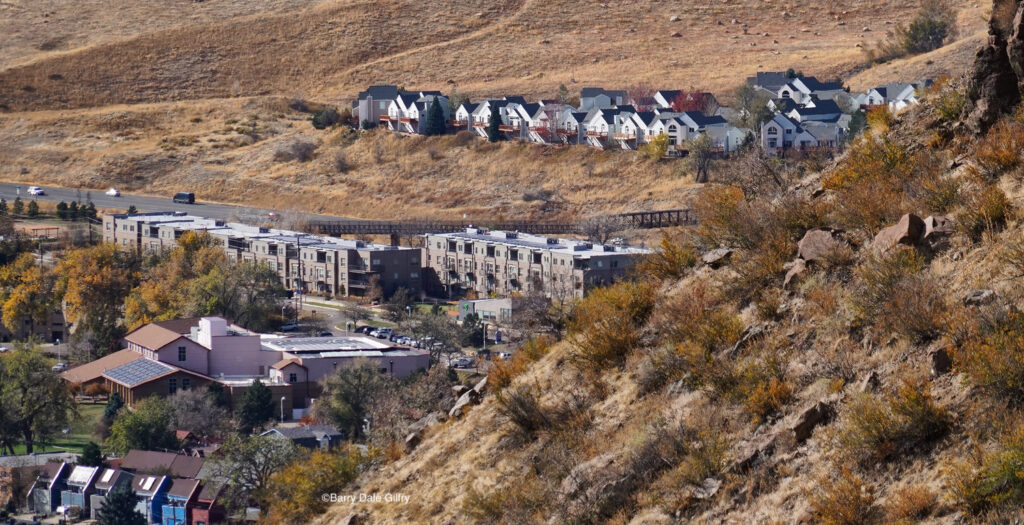
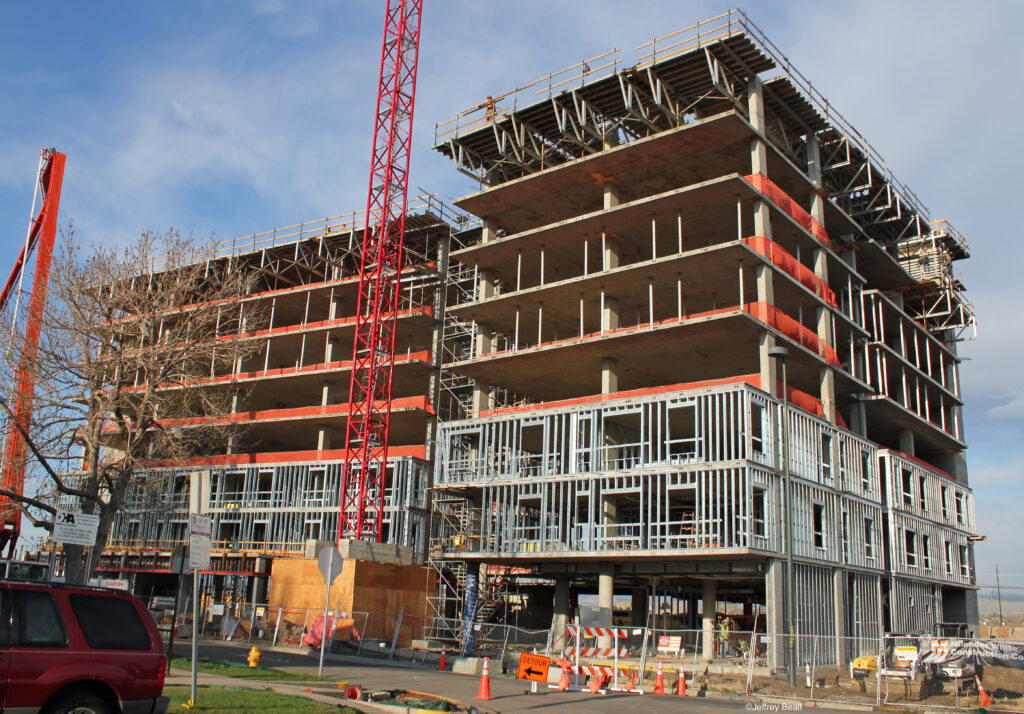
The Colorado Municipal League, for example, circulated a sample resolution in opposition to the bill arguing it “will undermine long-range planning efforts and will severely limit our ability to maintain reasonable zoning regulations to ensure a high quality of life and sound economic environment for our current and future residents, workers and business owners.”
This line of argument wrongly catastrophizes the potential impacts of legalizing housing construction while ignoring the deleterious impacts of upholding the status quo.
The housing problem in Colorado, as in other states, is a matter of supply and demand. High and rising housing costs reflect a shortage of supply to meet the demand of Coloradans. If “reasonable zoning regulations,” as invoked by the Colorado Municipal League, actually allowed markets to work and allowed for housing supply to keep up with demand, there wouldn’t be a housing problem in Colorado.
Instead, in the name of trying to “ensure a high quality of life,” local governments have chosen to restrict what types of housing can be built where. The combined effect of this across the state has yielded a lower quality of life for Coloradans now dealing with high housing costs and forced to make sacrifices they might not otherwise have to make if Colorado had a robust housing market.
The second line of argument advanced by the Colorado Municipal League is that the legislation “silences the voices of our residents by taking away the right to be heard at public hearings on zoning matters or to use their constitutional rights of initiative or referendum to address zoning and land use matters.”
This argument presupposes that the complaints of city residents should trump the freedom of property owners to build housing on their property. While there are no doubt some people in any given community who want the power to veto the decisions of their neighbors, subjecting housing construction to such processes is corrosive of the very concept of private property and disruptive to housing markets.
Alas, at least for now, the Colorado Municipal League’s arguments have prevailed in Colorado. As long as Colorado’s housing market remains stifled and overregulated by city governments, Coloradans will be paying a serious price.
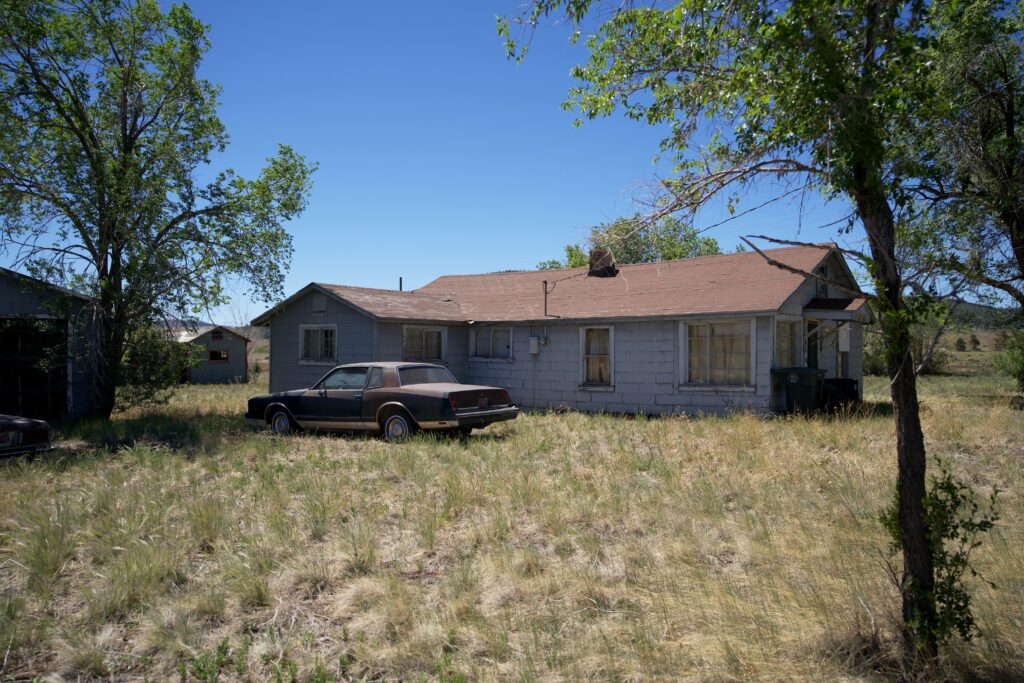
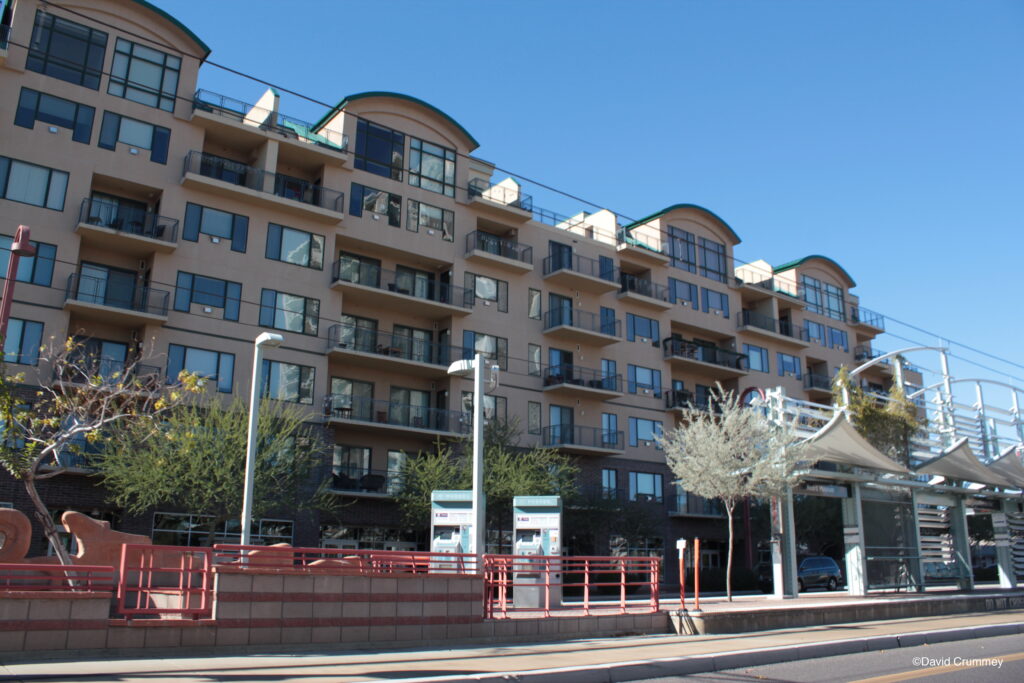
Anti-Growth in Arizona
A similar fate befell a major land-use reform in Arizona earlier this year for many of the same reasons. In March, the Arizona Senate spiked Senate Bill 117, which would have greatly pulled back local government regulations on housing construction and expedited related administrative processes.
Among other provisions, the bill would have stopped cities with a population of 30,000 or more from banning the construction of ADUs and would allow for the construction of duplexes and triplexes. It would also require “a municipality, in establishing licensing time frames, to consider the impact on the supply and cost of housing from unnecessary delays in the approval and permitting processes.”
These are all perfectly sensible ideas if one is serious about spurring housing development. The Arizona Department of Housing estimates the state has 270,000 fewer homes than necessary to meet current demand.
But the bill drew opposition from Gov. Katie Hobbs, who echoed the talking points of the League of Arizona Cities and Towns by denouncing the bill as a “one-size-fits-all approach.”
Instead of liberalizing land-use restrictions, the League of Arizona Cities and Towns preferred a different type of top-down approach. Tom Savage, legislative director for the League of Arizona Cities and Towns, told Axios, “the Legislature should instead consider inclusionary zoning that imposes requirements for certain numbers of affordable housing units, tax increment financing, or legislation similar to a 2019 affordable housing law in Utah that encourages cities to permit more affordable housing.”
In other words, the approach favored by cities is for the government to offer subsidies and funding to cities and developers. This roundabout, convoluted approach to getting more needed housing built, is not only inefficient but can be quite costly for relatively little benefit.
The Utah law, for example, requires the state to make “a one-time $20 million contribution in 2020 to the state’s Olene Walker Housing Loan Fund, which provides low-interest lending to affordable residential construction, and then would kick in $4 million to the fund each year thereafter.” As at least one lawmaker said at the time of the law’s passage, that’s a drop in the bucket relative to Utah’s housing construction needs, and the same would be true for Arizona.
Inclusionary zoning mandates are much the same in that they superficially appear to do something, but actually just prove counterproductive. Such mandates require developers to set aside a portion of their developments to be accessible to individuals earning low incomes, with the other, more expensive units then subsidizing the cheaper units.
The practical result of this is that developers build less or raise prices. One analysis of inclusionary zoning published by the Mercatus Center at George Mason University found that inclusionary zoning, “may actually increase house prices generally. No studies of its effects indicate that it increases housing supply or contributes to broadly lower prices. It benefits a small portion of low- and moderate-income households rather than targeting aid at the households that need it most.”
The League of Arizona Cities and Towns’ insistence on tax-increment financing is particularly pernicious. Arizona does not currently permit TIF, a scheme by which governments use estimated future tax revenues in a given area to finance redevelopment projects. City planners might enjoy this because it gives them power (and money) they wouldn’t otherwise have to make deals with developers to create fancy new projects, but there are problems.
As the Arizona Tax Research Association notes, not only is the record of TIF across the country actually delivering results quite poor, “The sordid relationship cities engender with private developers in these dealings creates the appearance – at minimum, of crony capitalism.” Yet, it remains one of the League of Arizona Cities and Towns’ chief solutions on housing policy.
If the goal is to build more housing, Senate Bill 117 offers one of the most straightforward ways of going about it: Significantly expand where housing can be built and speed up government permitting and licensing processes. If the goal is to bloat government spending and create special funds for politicians to dole out as they see fit, well, that’s what the League of Arizona Cities and Towns is campaigning for.
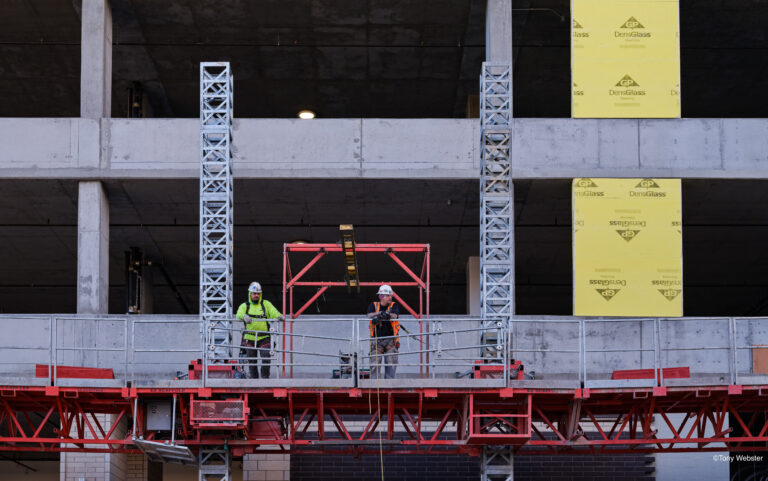
Missed Opportunities
Arizona and Colorado missed an opportunity. Instead of legalizing housing construction in greater portions of their respective states, the prevailing arguments in both states are the counterproductive and even harmful ideas of city groups concerned more about their own power than solving the housing problems in their states.
Sal Rodriguez is opinion editor for the Southern California News Group and a senior fellow with the Pacific Research Institute. He is the author of “Dynamism or Decay? Getting City Hall Out of the Way,” published by the Pacific Research Institute.
